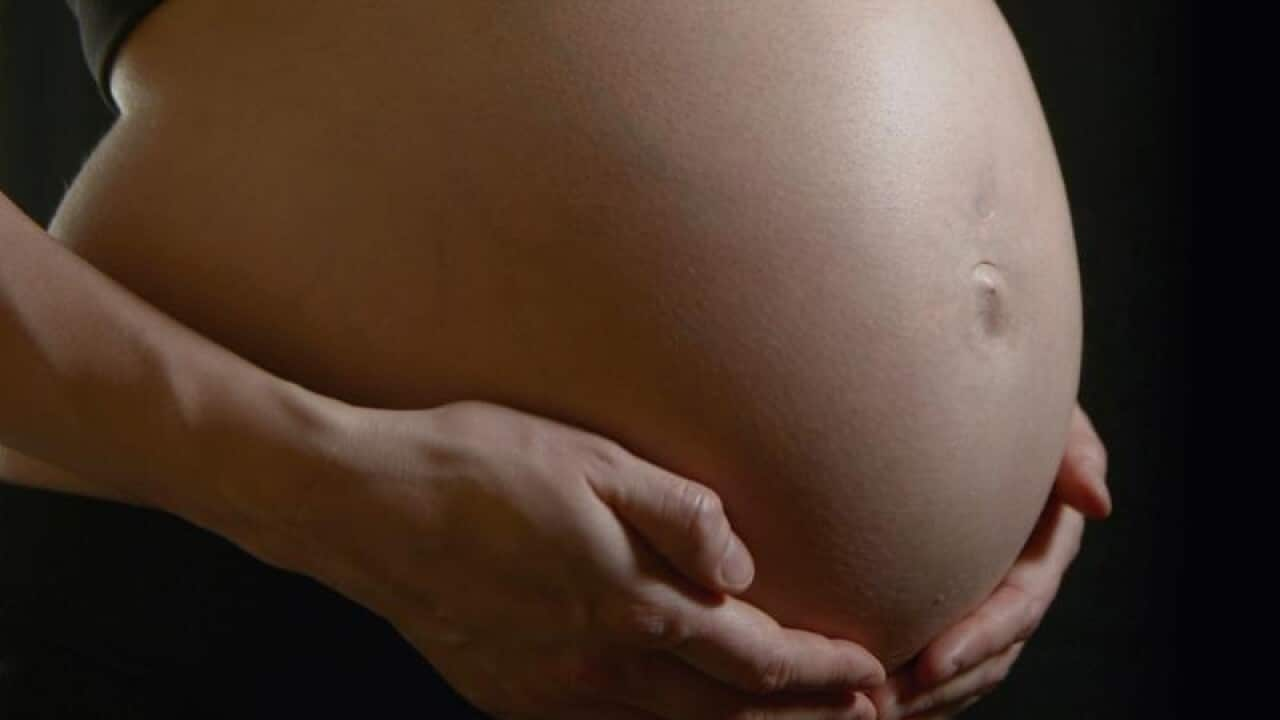Australian women have been warned against eating their own placenta because it could be harmful to them and their baby.
There is no evidence to support claims that eating the placenta in any form reduces the risk of postpartum depression, boosts milk supply or that it replenishes vital nutrients, says researcher Bryony McNeill, a lecturer in Reproductive and Developmental Biology at Deakin University.
In fact the placenta may be a source of potentially harmful toxins and bacteria, she warns.
During pregnancy, the placenta regulates the transfer of substances between mother and baby. During this time there can be an accumulation of potentially toxic substances can occur, says Ms McNeill.
Concerned about an increasing trend for women to have their placenta made into capsules and eat it, Ms McNeill has been researching what affect this process has on the organ after birth.
What Ms McNeil has found is a lack of evidence on this potentially risky behaviour. To date, there has only been a few small studies examining the toxicity profile of placenta capsules.
"The main safety concern is that we just don't have a lot of evidence yet, there's no clear evidence showing a benefit for eating the placenta and there are some research papers out to show potential bacterial contamination," Ms McNeill told AAP.
Earlier this year, the Centers for Disease Control and Prevention (CDC) in the US issued a warning against the increasing trend in Western countries.
A case report published by the CDC showed the bacteria B Streptococcus agalactiae (GBS) was identified as the cause of sepsis - blood poisoning - in a young infant born five days earlier in Oregon. Investigations later revealed placenta capsules consumed by the newborn's mother tested positive for the bacteria.
Part of the heating process involved in encapsulating the placenta is believed to kill many harmful bacteria, but the issue is there is a lack of regulation regarding this new market.
"Some companies offer it as a commercial service but there is also a lot of DIY websites out there for women to do it themselves, so there is the potential there that you could get bacterial contamination if its not performed properly," said Ms McNeill.
Aside from bacteria, there is also the possibility of other toxins contaminating the capsules and women should be cautious about these products, advises Ms McNeill.
"The research that we have available is that we have no demonstrated benefits and there is the potential for harm so I would certainly be encouraging women not to be eating their placenta."

